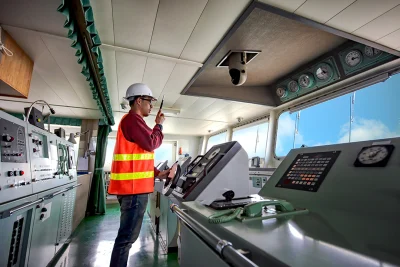Insights
Read the latest news and insights from the LR OneOcean team and stay up to date.
Filter by

Comply

Company

Perform
Insights Emissions Management
Webinar: How to reduce exposure and build your emissions strategy

Company

Integrate

Company

Integrate

Comply

Perform

Company

Comply

Company

Company

Perform

Comply

Comply

Company

Integrate

Manage

Company

Perform
Insights Emissions Management
Webinar: Mastering FuelEU compliance with LR OneOcean Risk Manager

Company

Emissions Management

Manage

Shipping

Company

Manage

Manage

Company

Manage

Manage

Environmental Compliance
Article07 November 2024
Understanding the impact of environmental areas on maritime operations

Manage

Emissions Management

Environmental Compliance

Emissions Management

Company

Company
News03 September 2024
Lloyd’s Register to acquire Ocean Technologies Group from Oakley Capital

Company

Product Update

Product Update

Manage

Perform

Comply
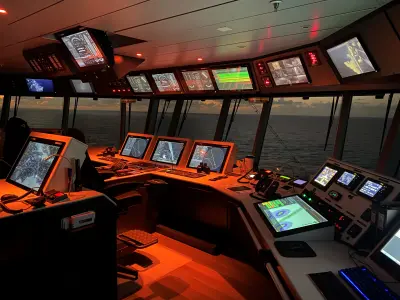
Company
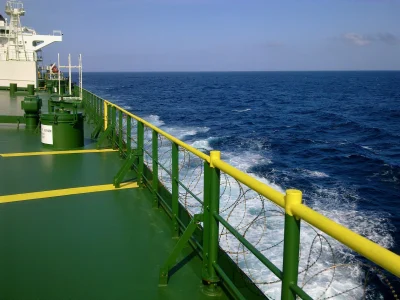
Comply
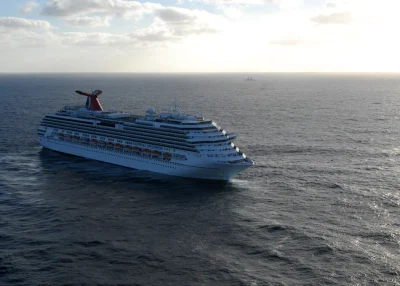
Comply

Perform
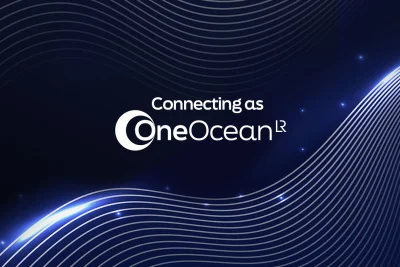
Company

Company

Perform
Insights Emissions Management
Webinar on Fit for 55: Managing Compliance and Optimising Operations under the EU's New Regime

Company

Comply

Company
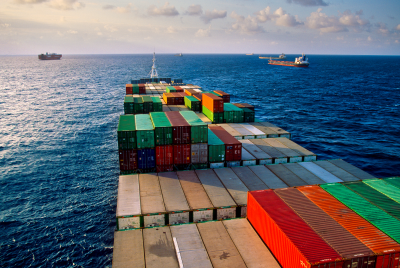
Comply
Article29 November 2023
The crucial role of voyage planning and route optimisation in maritime operations

Manage
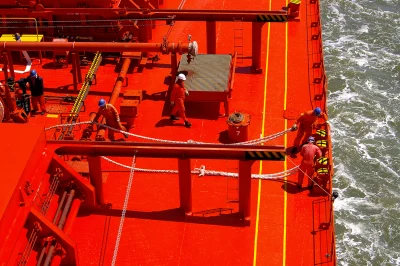
Manage
Article02 November 2023
Charting certification waters: challenges, solutions and specialised requirements
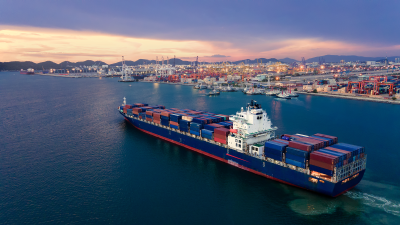
Comply

Company

Comply
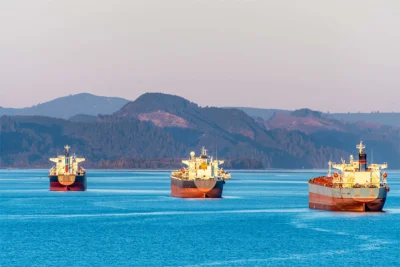
Comply
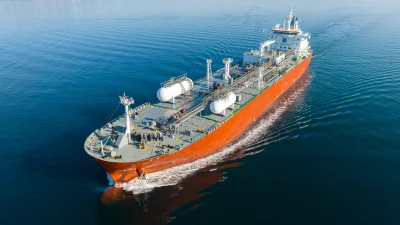
Manage

Comply

Compliance

Compliance
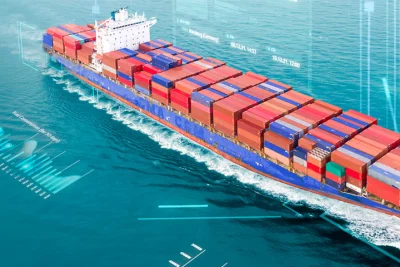
Company

Company

Manage
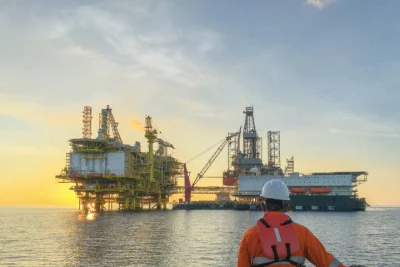
Comply
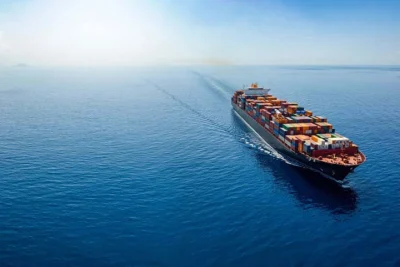
Comply

Company

Company
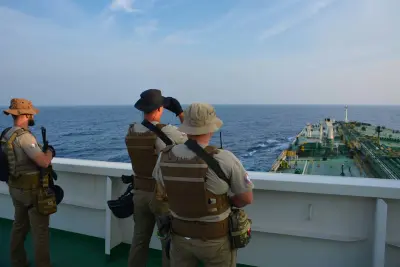
Comply

Compliance

Compliance

Company
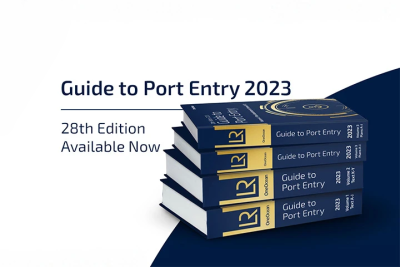
Company

Manage

Company

Company

Compliance

Compliance
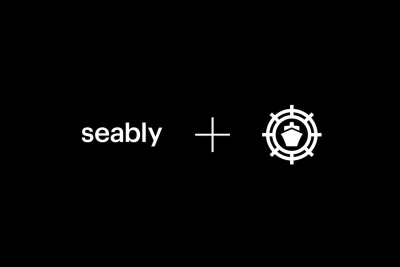
Company
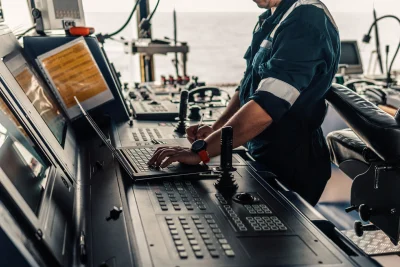
Comply

Comply

Comply
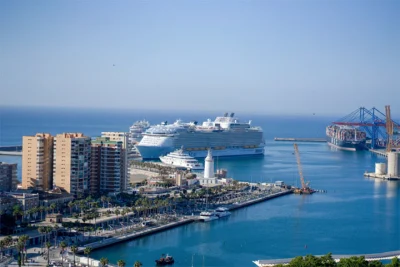
Comply
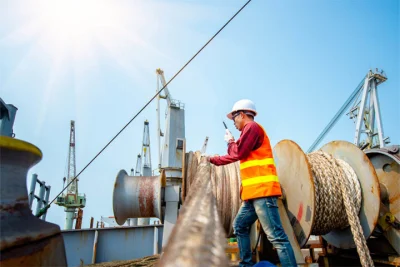
Manage
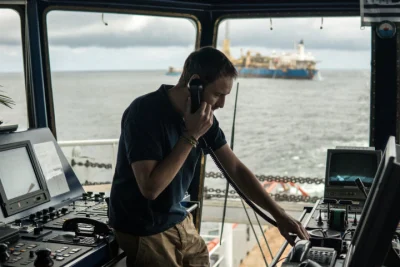
Company

Company

Shipping
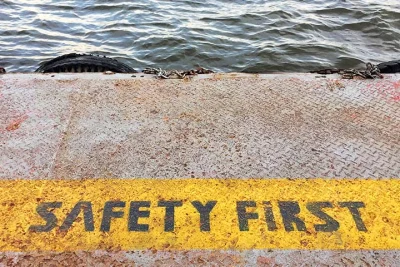
Comply
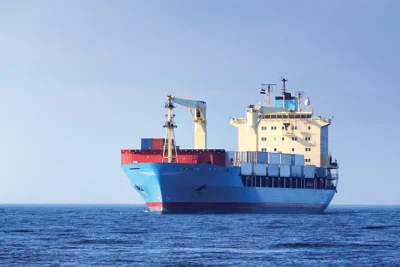
Company
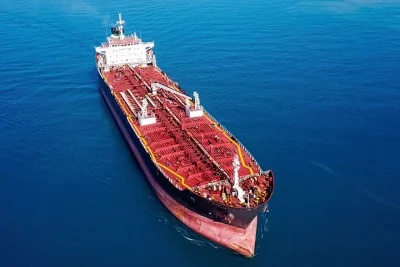

Company
Showing 1 - NaN of undefined

